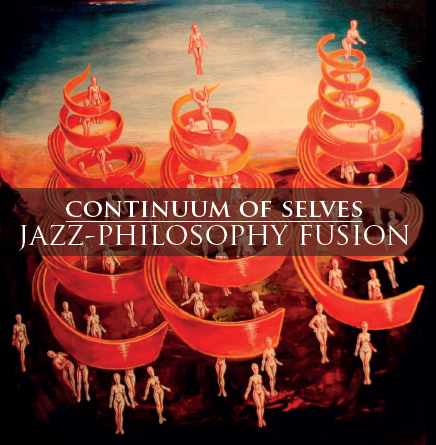Philosophy Research at Keele
Philosophical research at Keele is wide-ranging and involves networks of philosophers in several universities in the UK and Europe. Particular strengths include metaphilosophy, the philosophy of mind and action, certain areas in the history of philosophy (including Anne Conway, Kant, Schopenhauer, Collingwood, Rorty), metaphysics of science, natural and social kinds, political theory, philosophy of religion, nihilism and the meaning of life.
- Allen, S R. 2016 A Critical Introduction to Properties. Bloomsbury.
- Baiasu, S. & Timmons, M.(Eds.) 2013. Kant on Practical Justification: Interpretive Essays. Oxford University Press.
- D'Oro G and Overgaard S (Eds.). 2017. The Cambridge Companion to Philosophical Methodology. Cambridge University Press.
- Head, J. & Vanden Auweele, D. (Eds.). 2016. Schopenhauer’s Fourfold Root. Routledge.
- Leach, S. & Tartaglia J P F (Eds.). 2016. Consciousness and the Great Philosophers: What would they have said about our Mind-Body Problem? Routledge.
- Tartaglia JPF. 2015. Philosophy in a Meaningless Life: A System of Nihilism, Consciousness and Reality. Bloomsbury.
The Keele-Oxford-St Andrews Kantian (KOSAK) Research Centre
The Kantian character of the centre is not to be understood in a narrow sense as entirely concerned with research on the work of the German philosopher Immanuel Kant, but as referring to research which acknowledges (even when only critically) the significant role of Kant in the history of philosophy. The centre encourages, promotes and supports interdisciplinary and multi-disciplinary work, including critical, exegetical, reconstructive and applied philosophical investigations, both historical and systematic in character. KOSAK began its activities informally in 2014 and was formally confirmed by the University as a research centre in 2015 as part of the School of Social, Political and Global Studies.
Idealism and the Philosophy of Mind
Dr Giuseppina (Josie) D’Oro’s project on Idealism and the Philosophy of Mind (run with Paul Giladi and Alexis Papazoglou) included a London conference on Idealism and Metaphilosophy of Mind and a summer school at Keele in 2017 on Idealism and the Autonomy of the Human Sciences. This was supported by the Templeton Foundation as part of the New Directions in the Study of the Mind Project associated with Cambridge University (2015-17). The aim was to explore non-reductivist approaches to the explanation of the mind from idealist, rather than naturalist, perspectives in order to understand how human beings can be committed to the idea of scientific progress without renouncing the attempt to make sense of their lives through humanistic explanations which are different in kind and not only in degree from those found in the natural sciences.
Jazz-Philosophy Fusion: Gods and Titans
Having worked in both areas for many years, Professor James Tartaglia decided to combine his ongoing interest in jazz performance and theory with his philosophical research: Continuum of Selves, the Jazz-Philosophy Fusion Project was born. The latest album Gods and Titans, recorded to accompany James' forthcoming book on the philosophy of technology, will be available to download from this site soon.
Continuum of Selves
Supported by a grant from the APTA Foundation in Berlin (2015-6), James wrote and produced an album on the theme of the philosophy of selfhood. In it, he explores issues such as the divide between humans and other animals, the different personas we present to different audiences (e.g. colleagues vs. family), the metaphysical nature of the ego, ‘teletransportation’ (the sci-fi scenario of travel through physical replication), our email personas, and the Buddhist idea that self is an illusion.

Philosophical research into ethics, especially professional and medical ethics, also takes place in the Centre for Professional Ethics (also known as PEAK) which is located in the faculty of law. PEAK provides training for research ethics committees and masters programmes in medical ethics, law and pallative care, and provides research supervision for postgraduate study in a wide range of fields in applied ethics.


